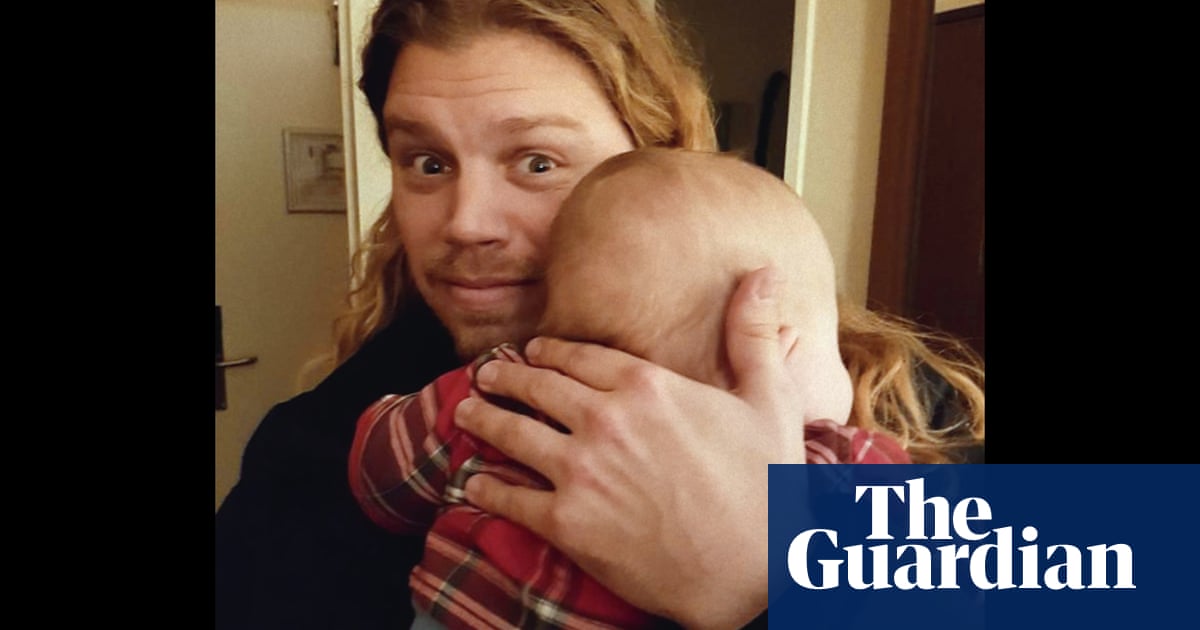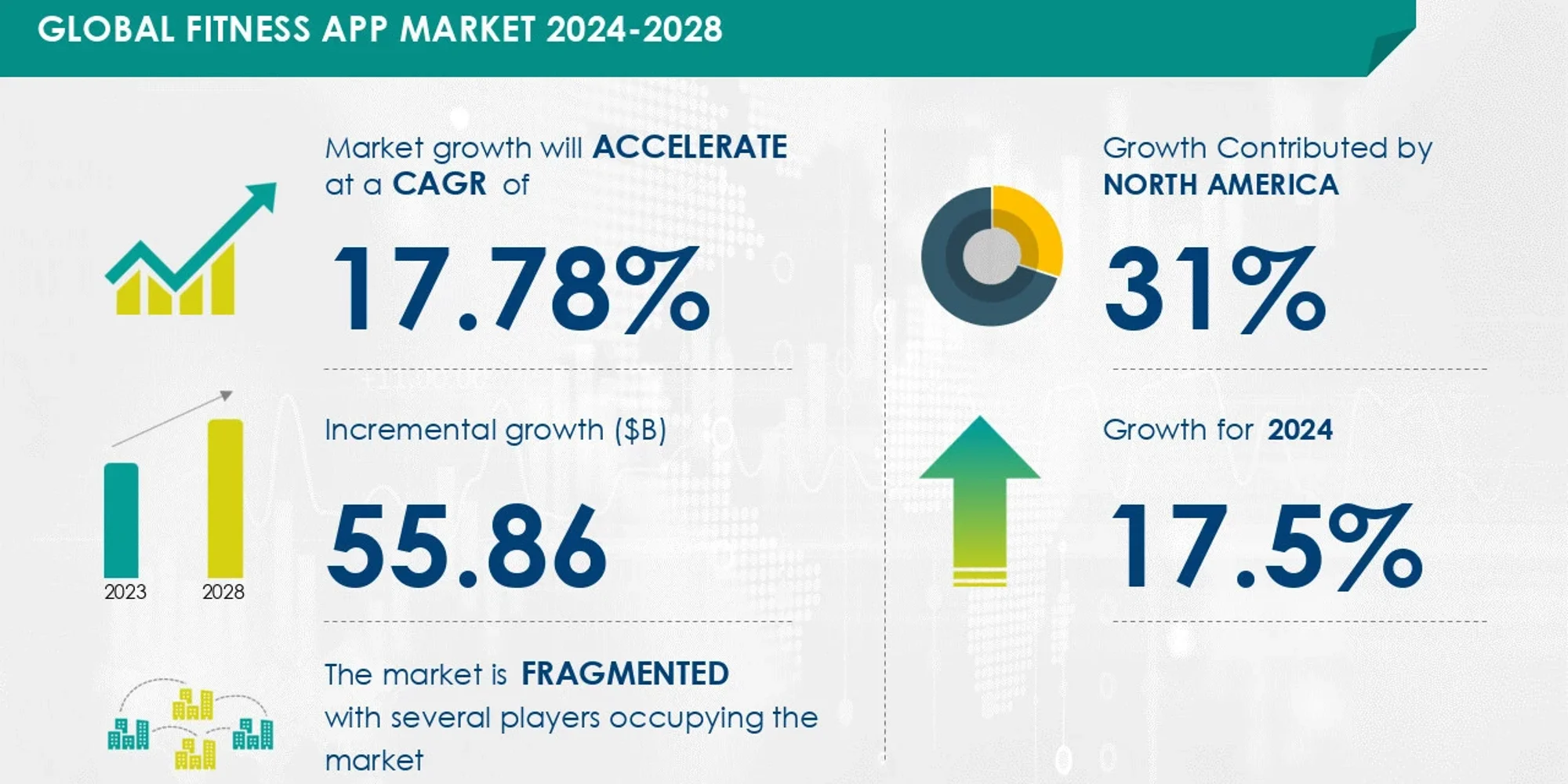World
The Man with 1000 Kids: how a sperm donor deceived parents around the world

Even when she was searching online for a sperm donor, Vanessa wanted her children to know their father. In 2015, she was 34, the right partner hadn’t come along and fertility treatment “would have bankrupted me”, she says.
A website listing dozens of Dutchmen willing to donate privately seemed to answer her prayers. Though no photographs were posted, Vanessa was drawn to one profile in particular. The man – Jonathan – wrote that he’d been inspired to sign up after friends of his had struggled to conceive. “I thought: ‘That’s nice – he wants to help’,” says Vanessa.
Most important, for her, was that he was open to a relationship with his offspring. Under Dutch law, donor-conceived children may only learn their donor’s identity when they turn 16.
“He wanted to be somewhat involved with the kids, to know how they were doing … I really wanted my children to have that.” She laughs without humour. “That’s all gone now – and it won’t ever, ever get better.”
Not long after her daughter was born in 2015, Vanessa’s path to parenthood was blown up by a discovery on Facebook: Jonathan Jacob Meijer was a serial sperm donor, and her daughter had at least 100 half-siblings.
Last year Meijer was ordered by a Dutch court to stop, having been found to have fathered as many as 600 children in the Netherlands since 2007. Some mothers of his offspring – based as far away as Australia – believe the true number globally is closer to 1,100. Moreover, they don’t believe that Meijer has stopped.
The bizarre and unsettling story is the subject of Netflix’s new three-part docuseries, The Man With 1000 Kids. The series unfolds like true crime, each episode revealing yet another level to Meijer’s international operation. But its focus is on the women he deceived, the alliance they forged against him, and the families forced to live with the consequences of his actions.
Executive producer Natalie Hill came to the story in 2020, when Meijer had been investigated by Dutch authorities but not publicly named. Having connected with a group of “resilient, strong, passionate” mothers who had conceived with his sperm, Hill spent two years developing the idea before bringing in director Josh Allott. “It really mattered to me that they knew they could trust me,” she says.
Some decided not to appear on camera, while some interviewees are given pseudonyms. It was a difficult decision for them to go public, says Hill – “but they wanted to try and stop him.”
When we speak via Zoom, weeks from the series’ launch, Vanessa is nervous and fearing judgment. “I’ve been in the media before, but this is a whole new level,” she says as her two children – aged five and seven, both fathered by Meijer – clamour for her attention.
She did her due diligence, Vanessa says. Searching Meijer’s name online, she found his YouTube channel, sharing his passion for music, travel and philosophical musings, but no cause for concern.
Meijer was handsome, with long, strawberry-blond curls. But for Vanessa, looks were less important than shared values and approach to family. “I fell for his profile.”
After messaging for more than a week, they met at Central Station in The Hague – Vanessa’s choice. She’d wanted to be safe, she explains, her tone heavy with irony: “You never know what a man can do.”
They talked for over an hour. “There were no alarm bells whatsoever,” says Vanessa. Meijer seemed “like the guy next door”: easygoing, engaging, polite. She paid him €165 (£140) for his sample and covered his travel costs.
Two years later, when Vanessa was trying to reach Meijer about a second sample, she saw a post on a Facebook group for single mothers in the Netherlands and joined the dots: Meijer had not been honest about the extent of his donation. “I was like, ‘Shit – what the hell did I get into?’”
Meijer had told Vanessa that her child would be his eighth. Not only was this not true, but he had also donated sperm to multiple Dutch fertility clinics – at least 11 by 2023, according to court records – lying to them all about his activities elsewhere.
Vanessa had wanted her children to be full siblings, to grow up with that common link. Having learned that Meijer could not be trusted, “I really struggled with what to do,” she says. Fearing being misled again, she decided to pursue Meijer for a second sample – this time with her eyes open.
Vanessa recalls Meijer’s indifferent response after she confronted him: “Why are you surprised? If I’d been honest with you, would you have chosen me?”
Probably not, Vanessa agreed – but at least she would have had all the facts. “I didn’t have a fair choice. That’s what hurt the most.”
Vanessa cherishes her children, but Meijer’s betrayal upended her life. “My trust in people was gone, pulverised almost beyond repair.”
Meijer declined to be interviewed for the documentary, and did not respond to its allegations. He did meet once with director Allott, who recalls being given Meijer’s stock response “about just wanting to help” and maybe getting carried away.
“He was painting himself as the saviour of all these people,” says Allott. But, according to the director, the picture assembled of Meijer, from the women’s testimonials and his messages to them, shows “very calculated behaviour”.
Vanessa remembers him complimenting her, and engaging flirtatiously: “He took advantage of me … Somehow I fell for it, and got caught in the trap.”
after newsletter promotion
For her children, the consequences will be lifelong. Meijer was so prolific within pockets of the Netherlands that one mother interviewed for the series discovered she had used the same donor as a colleague by chance.
Half-siblings have stumbled upon one another at playgrounds, seeding fears of incest in later life. “You have to prepare your kids for things you shouldn’t have to prepare them for,” says Vanessa, growing emotional. “It’s unfair – he has stolen their freedom.”
For now, all Vanessa has told her children about Meijer is that he “helped Mummy to become a mum” and is dishonest. “I can’t imagine how the mums of the teenage children are dealing now.”
But Meijer’s impact was not confined to the Netherlands. When Australian couple Laura and Kate (not their real names) wanted to start a family, they turned to Cryos, the world’s largest sperm bank. From more than 1,000 international donors, they selected Meijer, listed under a pseudonym.
Cryos assures prospective mothers that each donor abides by regional quotas. But while seeking their children’s half-siblings on Facebook, Laura and Kate were contacted by a Dutch mother who broke the news of Meijer’s notoriety.
They had been expecting to share their sperm donor with a handful of families worldwide, says Laura – “not five here, 100 there, 300 in another place … It really did feel like a personal loss.”
Most banks require men wanting to give sperm to undergo physical and psychological assessments pre-approval, but with no global oversight or regulation of donors, applicants are taken at their word.
The possibility of a serial donor was never raised through the process with Cryos, says Laura. She still does not know how many half-siblings her children have around the world. “For me as a parent, that is a grievance – it hurts your heart.”
Ahead of the series’ launch on Netflix, the UK’s Human Fertilisation & Embryology Authority circulated advice for families with donor-conceived children, acknowledging that it “may be stressful and upsetting” – while reassuring them of the safeguards in place.
But the wider fertility industry’s part in enabling Meijer was the push Hill needed to pitch to Netflix, she says. “There was just no way for those families to find out the truth. They did do their research … You just wouldn’t expect someone to lie about something so important.”
The most disturbing takeaway from The Man With 1000 Kids is that Meijer is far from the only man to be working the system. “It does need an overhaul, and for the banks to be held to account as much as the individuals who abuse them,” says Hill.
In the Netherlands, moves are afoot to create a national sperm-donor registry, but what’s needed is a globally-networked, nonprofit DNA database, says Hill: “That is the only effective way to know if people are lying.”
The women wronged by Meijer have had to carry out their own investigation. When he claimed in court last year that he’d stopped donating in 2019, they informed the judge of seven women presently pregnant with his offspring.
Meijer was barred from making further donations to Dutch clinics – but Vanessa remembers the victory as bittersweet. “We were like, ‘Well, he ain’t gonna stop’ … It’s an obsession.”
Meijer is still posting videos from far-flung locales (most recently Zanzibar), some defending himself against his public portrayal. Vanessa believes that he is still donating, and using the cash to fund and plan his travel.
She has not had any contact with Meijer since she spoke to the media, but says that he has dismissed her online as bitter and attention-seeking. That’s not the case, says Vanessa, who is now in a relationship. “I wanted to participate in this documentary to make women aware … and I really, really want him to stop.”
The Man with 1000 Kids is on Netflix from 3 July.










